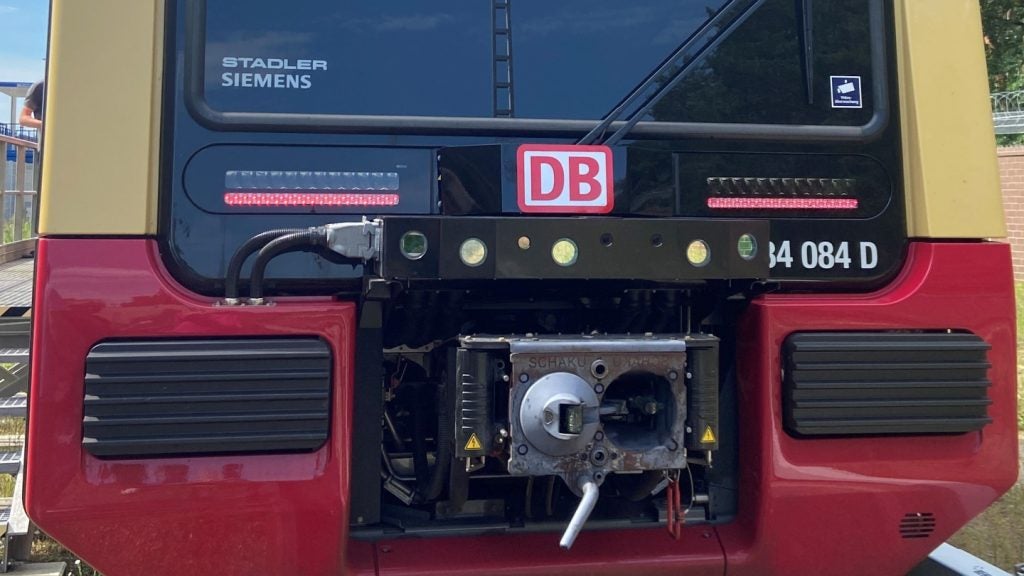A high-speed railway line connecting Islam’s holiest cities – Mecca and Medina in Saudi Arabia – will become operational in September.
The project was originally scheduled to kick off at the end of 2016 but faced several delays.
According to Arabianbusiness.com, the Saudi Government agreed to pay the project’s cost overrun of €210m.
Once the project becomes operational, four trains per week will run between the two cities, with government plans to offer daily services set to take place by September 2019.
In 2011, the kingdom granted a €6.7bn-worth contract to a consortium of 12 Spanish companies and two Saudi firms for the project. This is one of the biggest contracts the Spanish firms have ever undertaken overseas.
The government intends to boost the transportation services between the two cities during the annual hajj pilgrimage.
How well do you really know your competitors?
Access the most comprehensive Company Profiles on the market, powered by GlobalData. Save hours of research. Gain competitive edge.

Thank you!
Your download email will arrive shortly
Not ready to buy yet? Download a free sample
We are confident about the unique quality of our Company Profiles. However, we want you to make the most beneficial decision for your business, so we offer a free sample that you can download by submitting the below form
By GlobalDataThe project will see the laying of 444km of track, providing 35 trains and maintaining the railway line between the two cities for a period of 12 years.
Once completed, the project will enable the daily movement of 166,000 passengers.
This project has faced several challenges over the past years, which led to an increase in costs and to disputes among consortium members including Spain’s rail company Renfe, train maker Talgo, and state track operator Adif over who will have to bear the cost overruns.
Another hurdle faced by the consortium is that the line runs through the Arabian Desert, which is frequently hit by sandstorms and has several large dunes.
Spanish daily El Mundo said that Saudi Crown Prince Mohammed bin Salman’s visit to Spain last month has helped resolve the ongoing disputes.







